
The article was written by: Suzy Wraines
Every business no matter how big or small needs a roadmap to stay on track.
A business plan makes the perfect map: keeping you on track with your vision and goals. Daily decisions are more manageable, positioning even the smallest companies for growth. You may be thinking that writing a business plan is overwhelming. I agree. It is quite an undertaking to write out the specifics of your business. But, the benefit of taking the time upfront will save you from stress, decision fatigue, and overwhelm.
In this article, you will read real-life examples of how having a business plan will reduce overwhelm—ultimately leading you to a successful sustainable business.
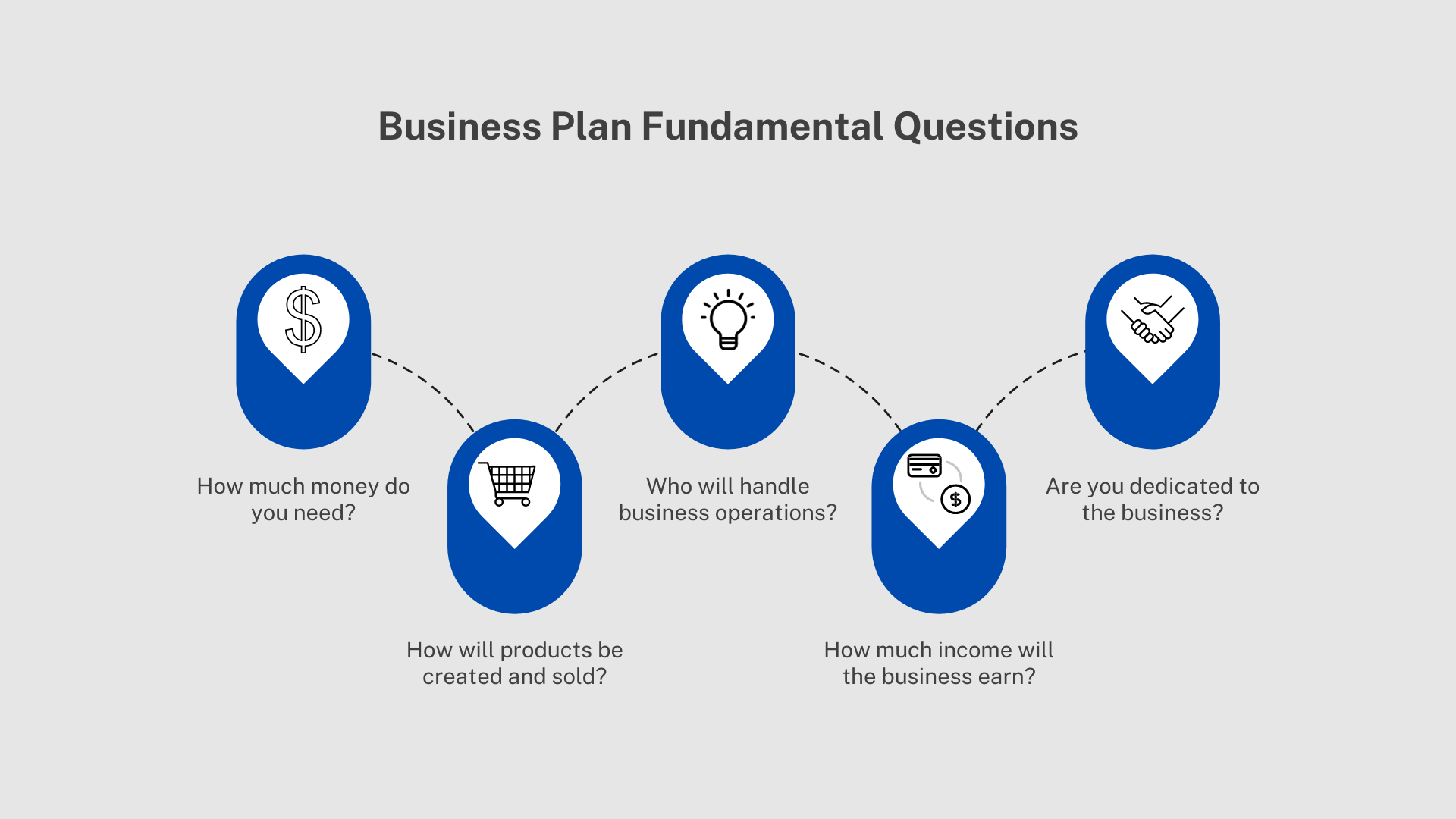
A business plan helps you answer these fundamental questions:
- How much money do you need to start your business?
- Who will be responsible for the following now and in the future?
- Sales & marketing
- Bookkeeping
- Product development
- Customer satisfaction
- Technology
- How much income will you earn in the next month, quarter, or year?
- How will your products and services be created and sold?
- How dedicated are you to your business?
 Can you start your business without a plan? Of course, you can, but it isn’t a good idea. You may have read about billion-dollar companies’ ideas being scribbled out on the back of a napkin, however, they did have lists, concepts on paper, project deadlines, and goals they wanted to achieve. There’s no way a business can thrive without those tools.
Can you start your business without a plan? Of course, you can, but it isn’t a good idea. You may have read about billion-dollar companies’ ideas being scribbled out on the back of a napkin, however, they did have lists, concepts on paper, project deadlines, and goals they wanted to achieve. There’s no way a business can thrive without those tools. No matter the size of the business, you will be successful by utilizing a well-written business plan. Here’s how a business plan sets you up for success. It helps you:
- Become intentional with your business.
- Know exactly how much money you need for a startup.
- Stay on track.
- Identify where help is needed.
- Measure progress.
- Recognize business success.
Here are real-life stories of two women entrepreneurs with similar businesses. One started with a business plan, and one did not.
(Their names have been changed for this article.)
Kathy's Story - No Business Plan:
Kathy has been a stay-at-home mom and wife for the past eighteen years. Her children are young adults living their own lives now. Covid hit, and she decided to start a business. Kathy had worked several social service jobs where she was very successful, so she decided to help others through coaching. Her coaching practice took off right away.
Kathy didn't start her business with a business plan. She registered her coaching practice and started working with clients right away. She was motivated by coaching clients when running the business was challenging. Most of her clients came to her through referrals. Her business income surpassed her expectations.
On paper, it was a successful business, but Kathy was haunted by thoughts of scarcity. What if it didn’t last? Not knowing when and if she would have new clients created sleepless nights. Fear started setting in. 

Driven by fear, she hired a business coach, thinking that would. create a sustainable business. Even though she had income, not having a financial plan would prove a mistake.
Things changed when her calendar was fully booked. Kathy was exhausted from coaching multiple clients. The rest of the business suffered because of it. She knew something had to change. Maybe if she hired help to automate marketing…
Keep in mind that Kathy doesn't have a business plan. She is making decisions based on fear. She hired a 1:1 marketing coach for $10,000 but realized it wasn't a good fit halfway through the coaching program. The focus was on paid advertising. Kathy's business vision was referral-based. She didn't want paid advertising.
If Kathy had a written business vision, it would have been clear that hiring this coach was a mistake. She could have focused her time and money on assets that would further her goals.
Instead, Kathy went back to working the way she did before. Her calendar was packed, and she was exhausted. How could she create a business model that gave her more time while still making the same income?
This question haunted her daily.
So when she came across a business development book that seemed to speak directly to
her problem. She was hooked.
 The book talked about marketing by getting to know people. It offered a training program to business owners. Once completed, she would become a licensed provider for this business model. Kathy figured that as a licensed professional, she could use the tools for her coaching program. Using this business model with future clients would save Kathy time.
The book talked about marketing by getting to know people. It offered a training program to business owners. Once completed, she would become a licensed provider for this business model. Kathy figured that as a licensed professional, she could use the tools for her coaching program. Using this business model with future clients would save Kathy time. It was a steep cost without a guarantee of return on investment. Kathy signed a contract to pay licensing fees for twelve months without a way to cancel before the contract ended.
Within the first six months, all her initial clients were gone, with no new clients on the horizon. Kathy tried to incorporate further training into her current coaching practice. It wasn't working. She realized the business model was not in line with her coaching model.
Kathy felt hopeless.
 At the end of two years, she had never paid herself. She spent all her business income out of fear. Now, Kathy was contemplating shutting down her business. She was exhausted and without money to hire help.
At the end of two years, she had never paid herself. She spent all her business income out of fear. Now, Kathy was contemplating shutting down her business. She was exhausted and without money to hire help. Kathy was exceptional at coaching, and the income proved it. What was missing was the business plan. Without it, she had no roadmap to follow in making business decisions to stay on track.
Now let’s look at Sally.
Sally's Story - She Has A Business Plan:
Sally is a working mom and wife who wanted to spend more time with her family, so she decided to launch her own business as a writing coach to give herself more flexibility.
 Not having ever started a business before, Sally researched business plan writing. She found a business plan workbook. With each page, Sally quickly realized there are many moving parts involved in creating a business. Remember all the questions at the beginning of the article? Sally was able to find the answers as she built her business vision with the help of the business plan workbook.
Not having ever started a business before, Sally researched business plan writing. She found a business plan workbook. With each page, Sally quickly realized there are many moving parts involved in creating a business. Remember all the questions at the beginning of the article? Sally was able to find the answers as she built her business vision with the help of the business plan workbook. She wrote down business ideas to see how they all fit together. Sally started feeling confident in her idea. Like a puzzle, she put the pieces together with each section of the business plan.
When Sally was starting to feel overwhelmed by how much went into creating a business, a marketing company approached her with an excellent offer for a marketing strategy. She was tempted, despite the hefty price tag. But when she referred back to the marketing plan section of the workbook, it was crystal clear her business wasn't ready for this type of marketing. Yes, Sally wanted to invest in paid advertising at some point down the road. Not right now.
 Had Sally decided to go forward with paid marketing, it would have been premature – if not catastrophic. The experience was a wake-up call for her to stick to the business plan. She was glad to have written out a marketing plan before making a decision.
Had Sally decided to go forward with paid marketing, it would have been premature – if not catastrophic. The experience was a wake-up call for her to stick to the business plan. She was glad to have written out a marketing plan before making a decision.Sally is still in the very early stages of building her business. Taking time to complete her business plan before making major business decisions has helped her identify opportunities and target resources she needs, rather than just jumping at whatever shiny offer she stumbles into. It helps her prioritize her efforts.
As Sally finished each section of her business plan, her confidence increased.
A business plan gives Sally a roadmap to the steps necessary to build a successful business. Sally doesn't let emotions drive her business decisions. When making decisions, Sally weighs the risks against the investments.
Why Should You Have A Business Plan...
Having a business plan created the perfect map for Sally to stay on track with her vision. While not having a business plan led Kathy to make hasty and emotional decisions that ultimately stunted her success.
Starting a business can be emotional and overwhelming. A business plan allows you to know exactly where your business should be at any given time. It empowers you to make informed decisions, ultimately leading to success.
In my experience as an entrepreneur, I know firsthand how difficult creating a business out of an idea is. When I researched the options for business plan writing, I realized there weren't many step-by-step tools. I was encouraged by the opportunity to share my process of creating a business plan. The Simple Steps Business Plan workbook was born.
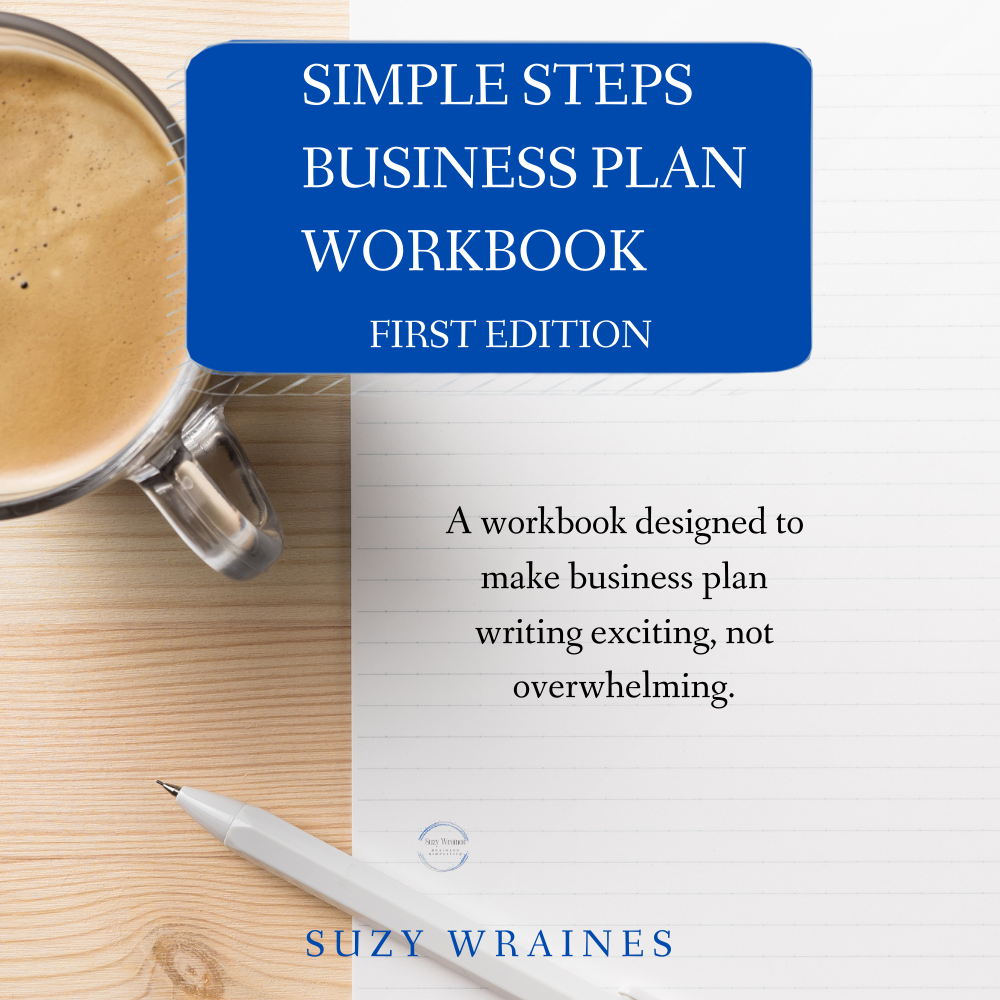 The Simple Steps Business Plan Workbook asks thought-provoking questions allowing you to develop your business idea while planning at the same time.
The Simple Steps Business Plan Workbook asks thought-provoking questions allowing you to develop your business idea while planning at the same time. No matter your process, I encourage you to seriously consider writing a business plan to have your roadmap to success.
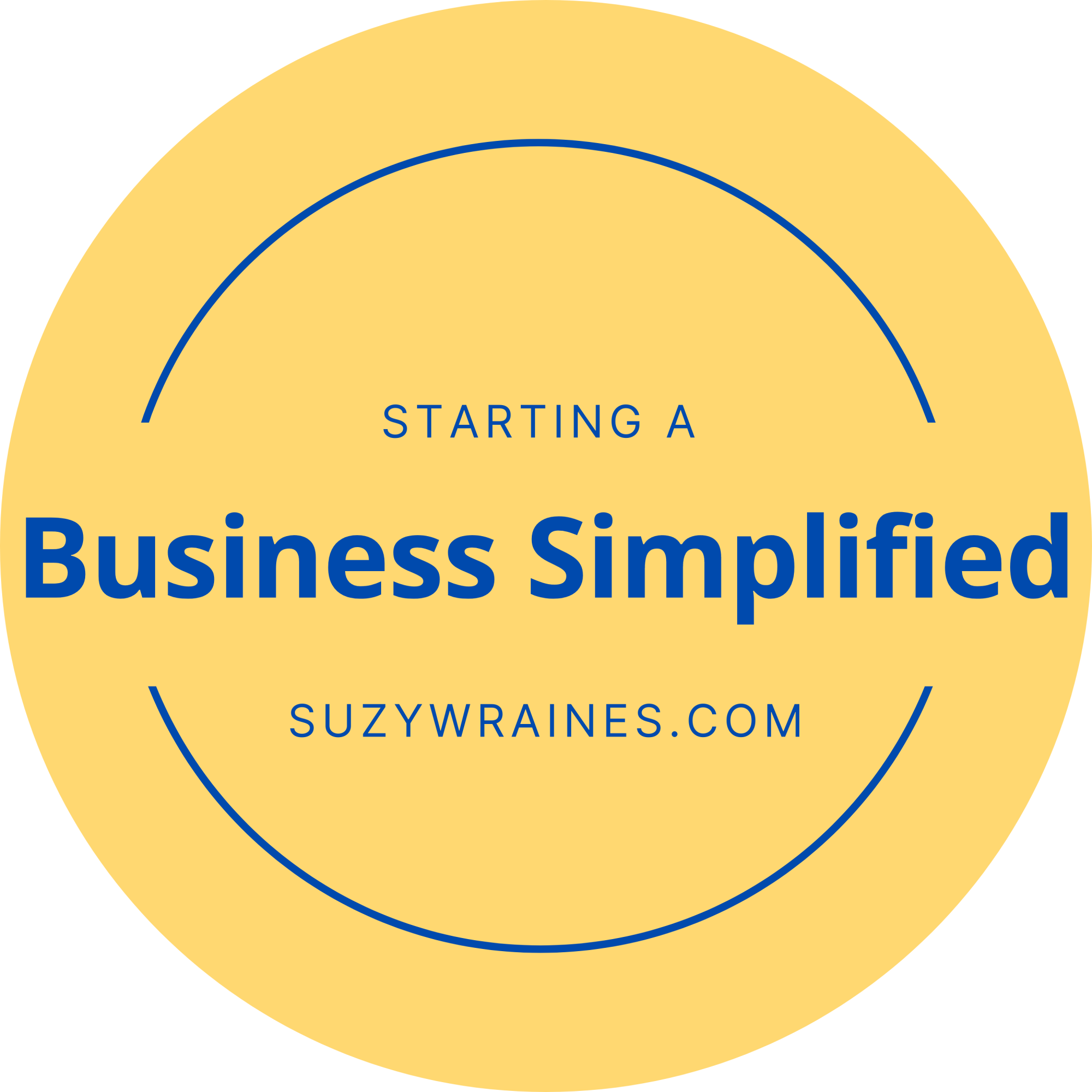
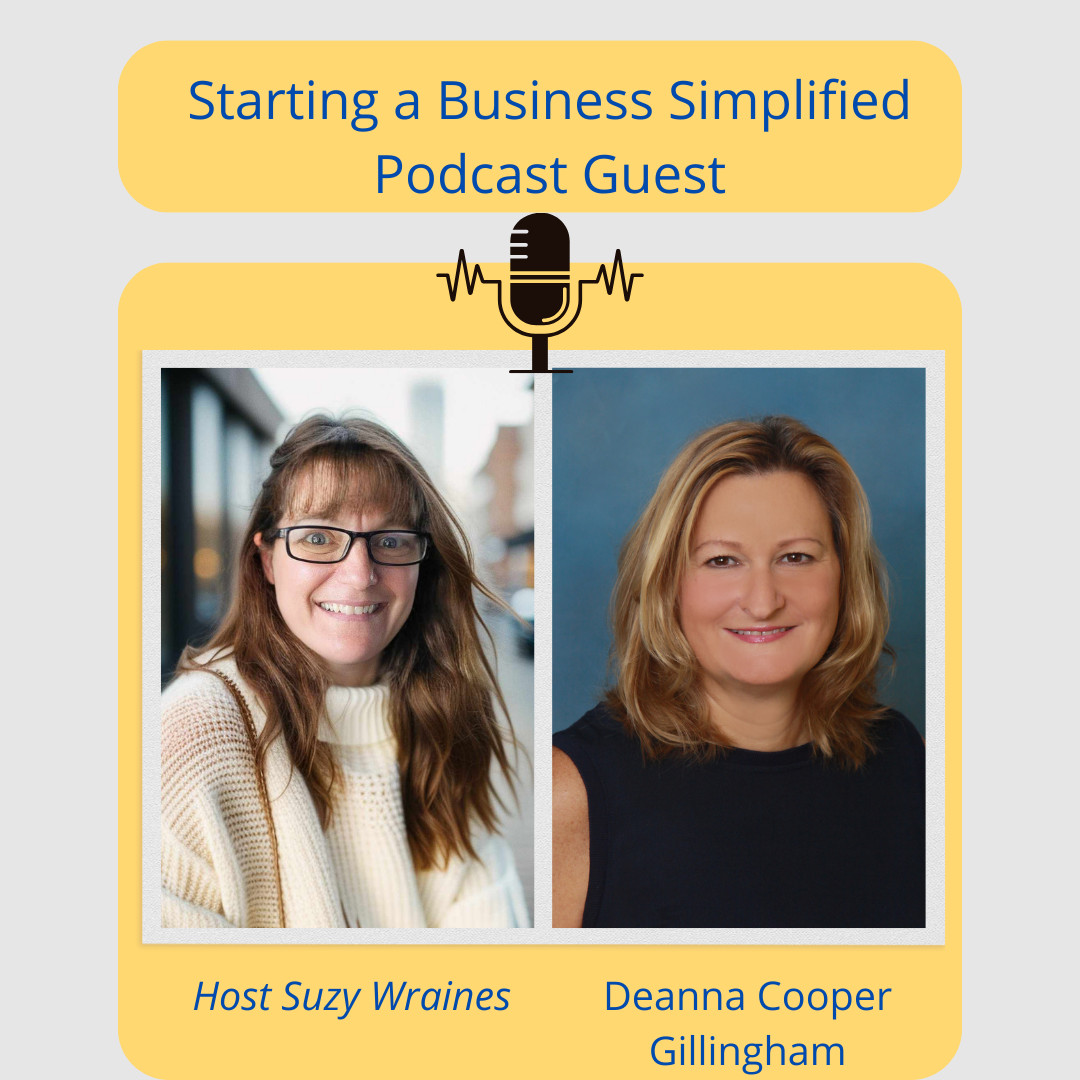
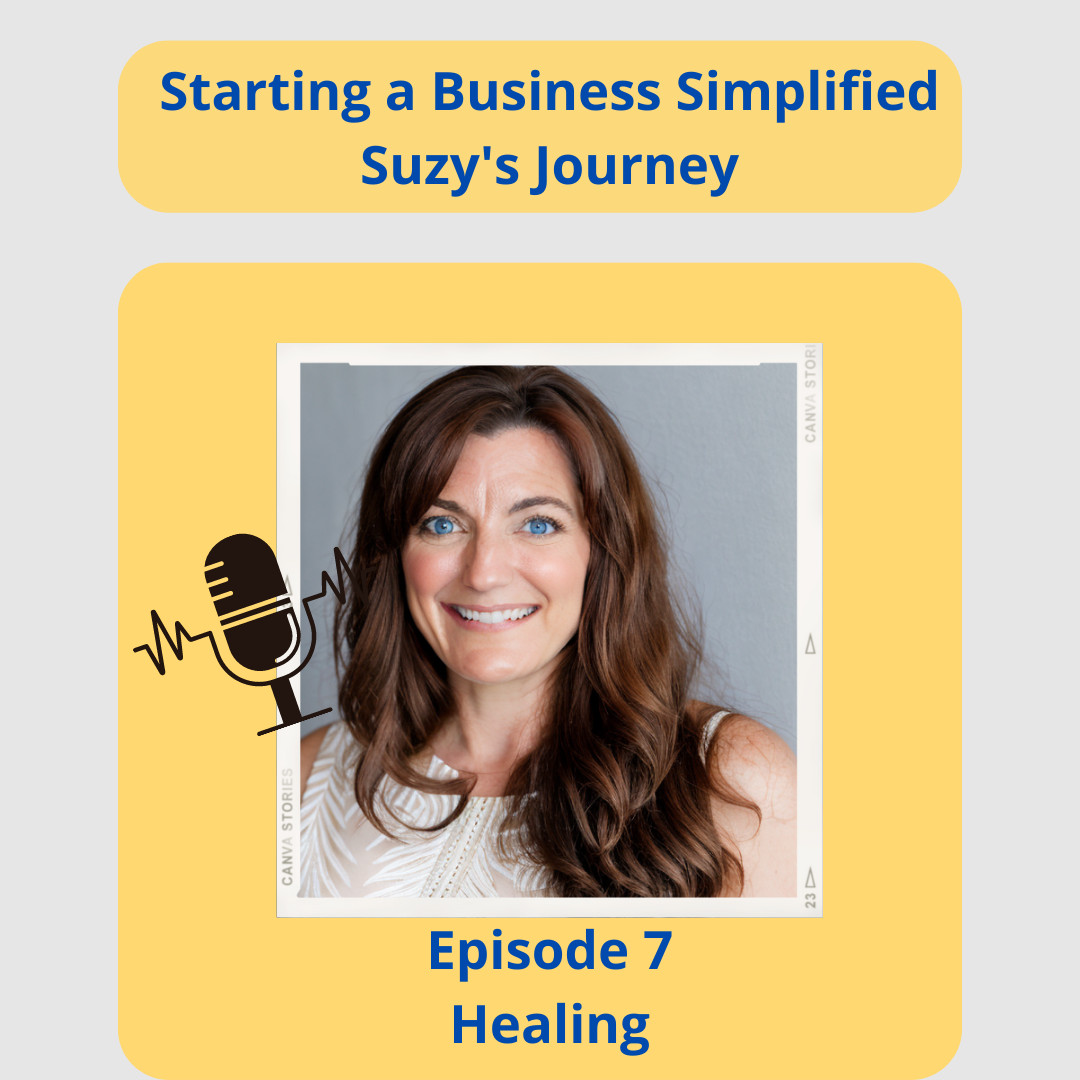
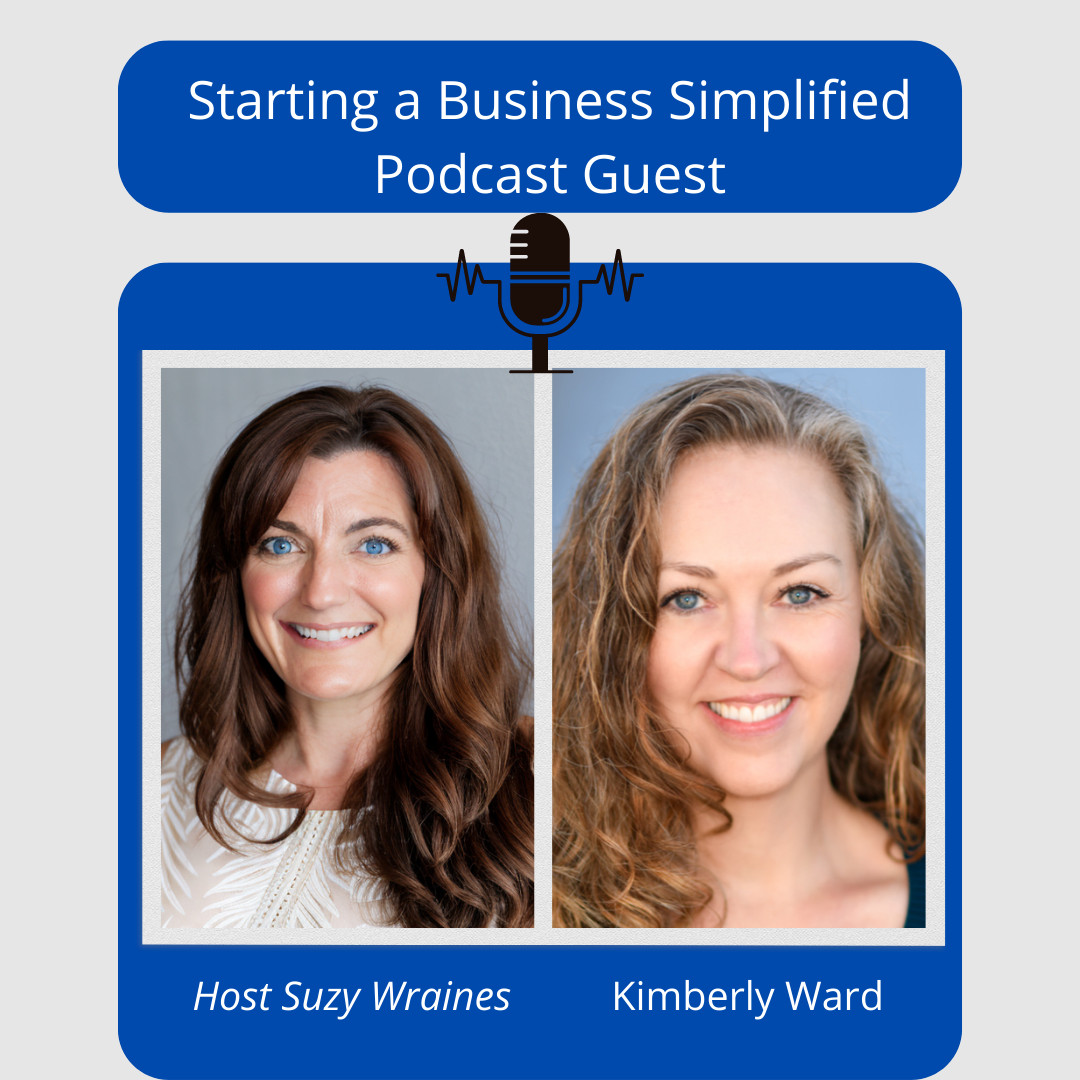

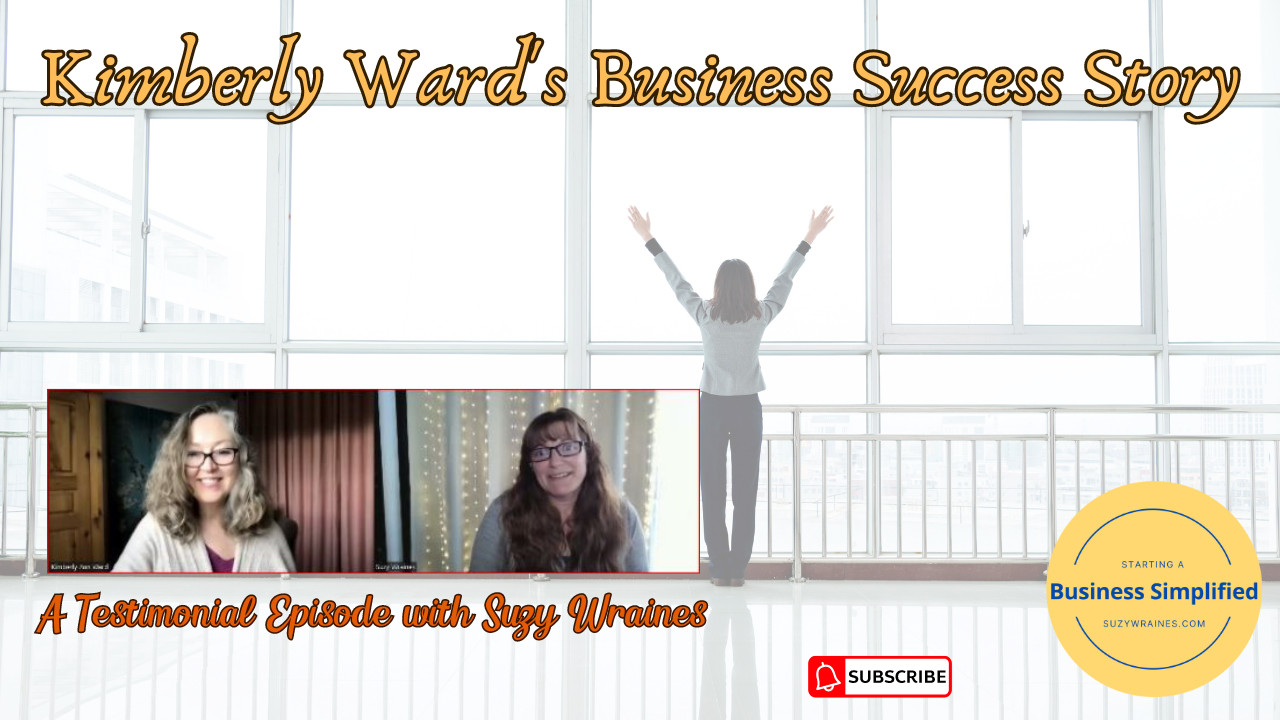
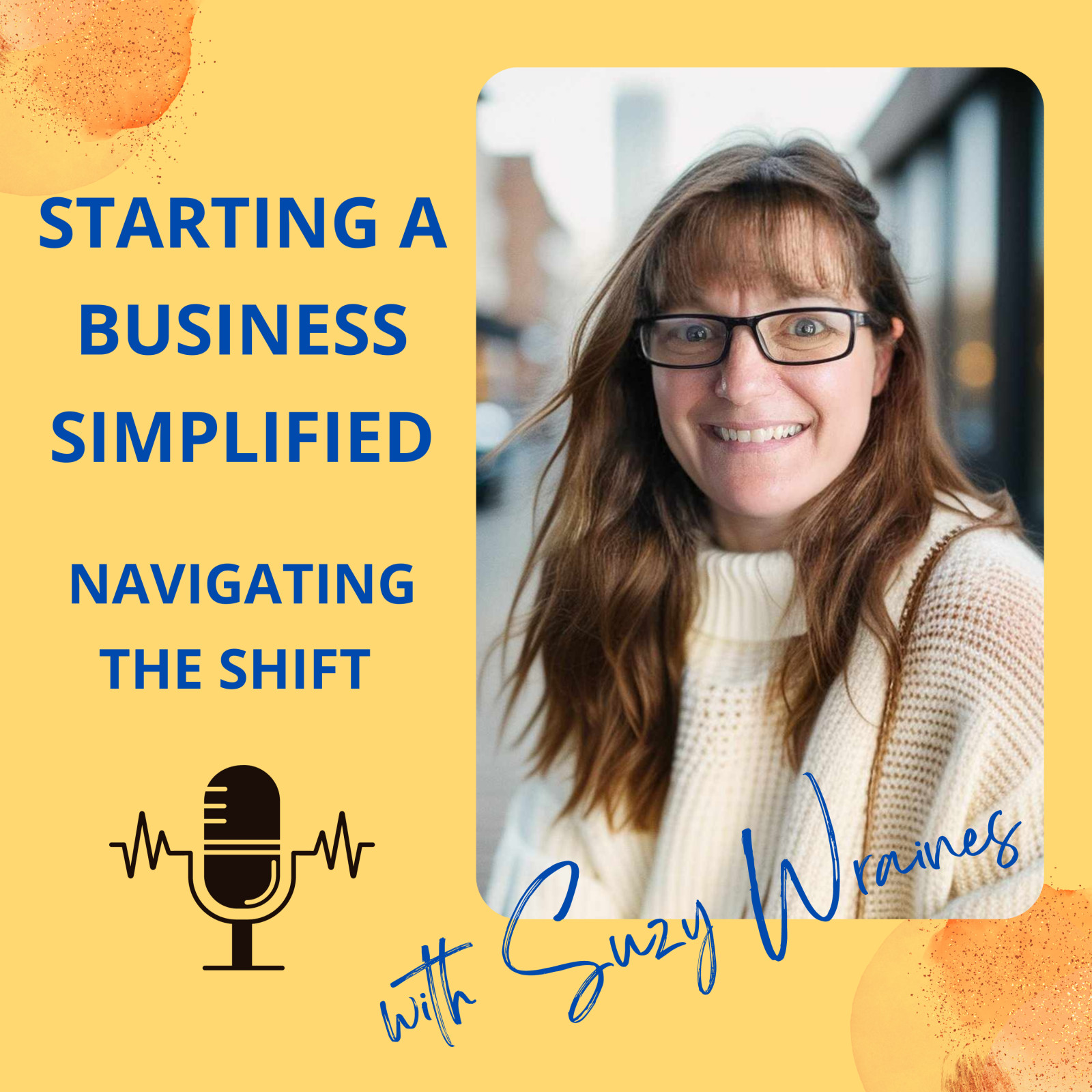
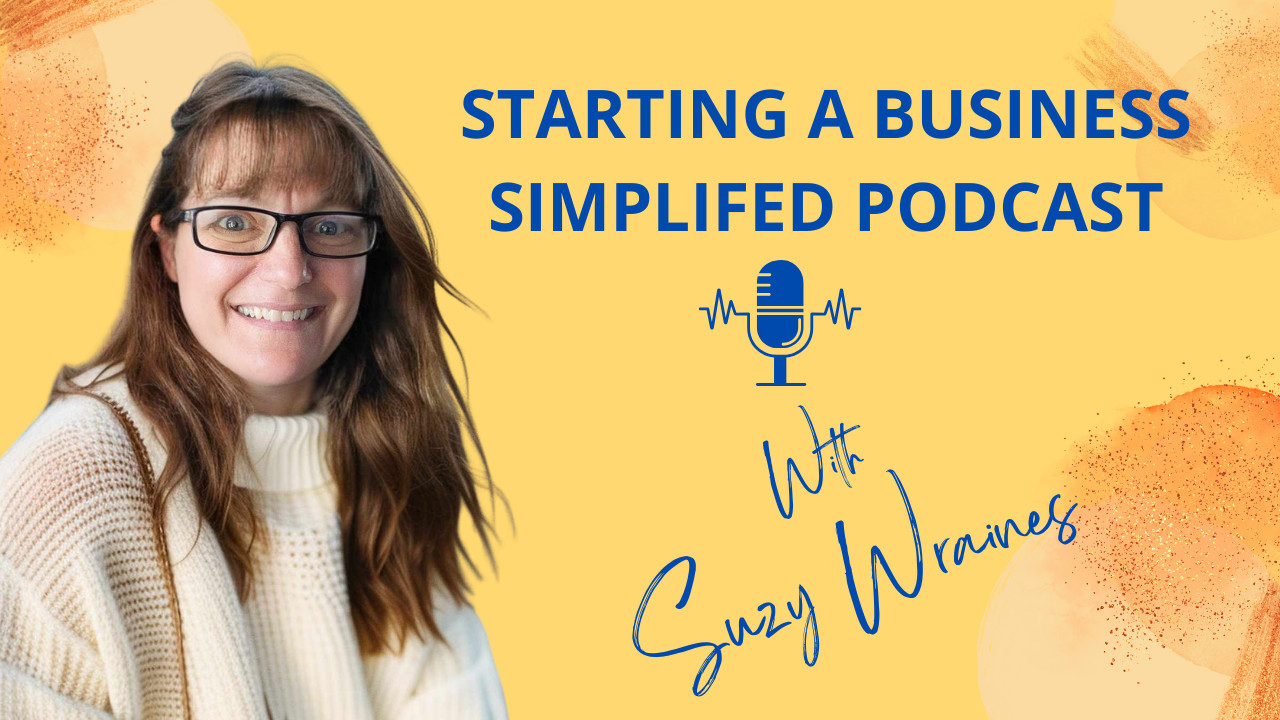
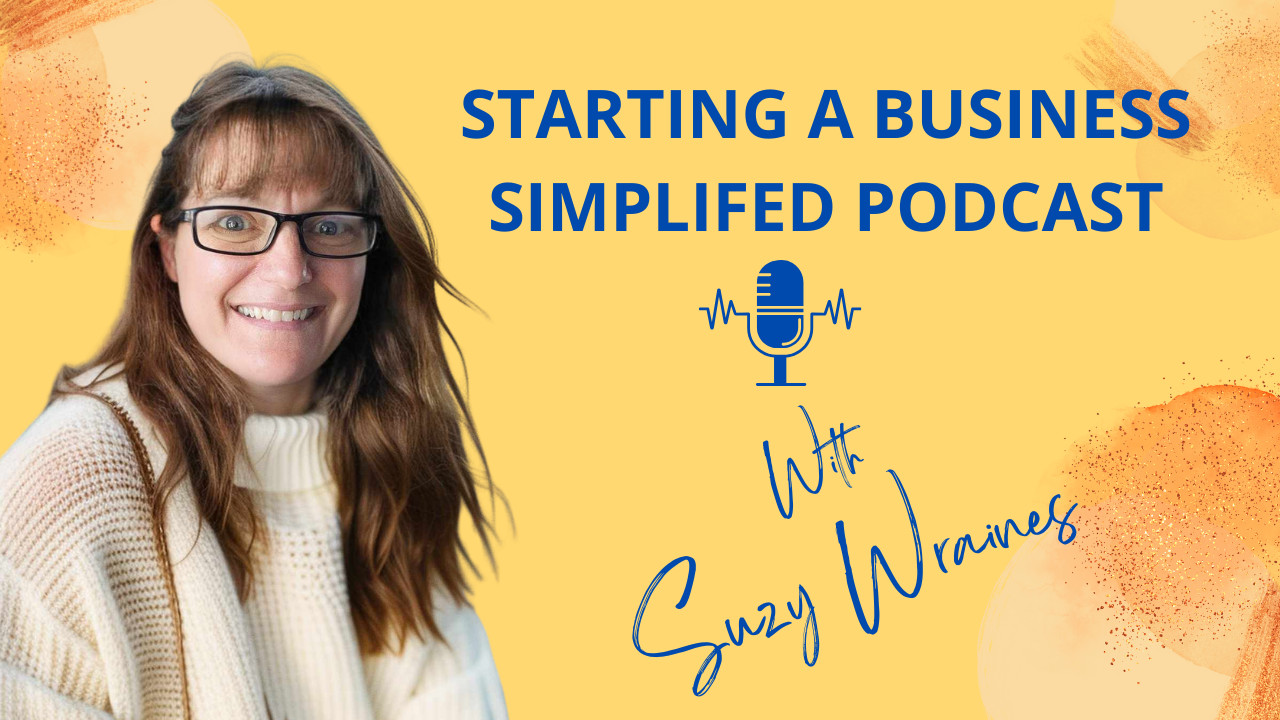
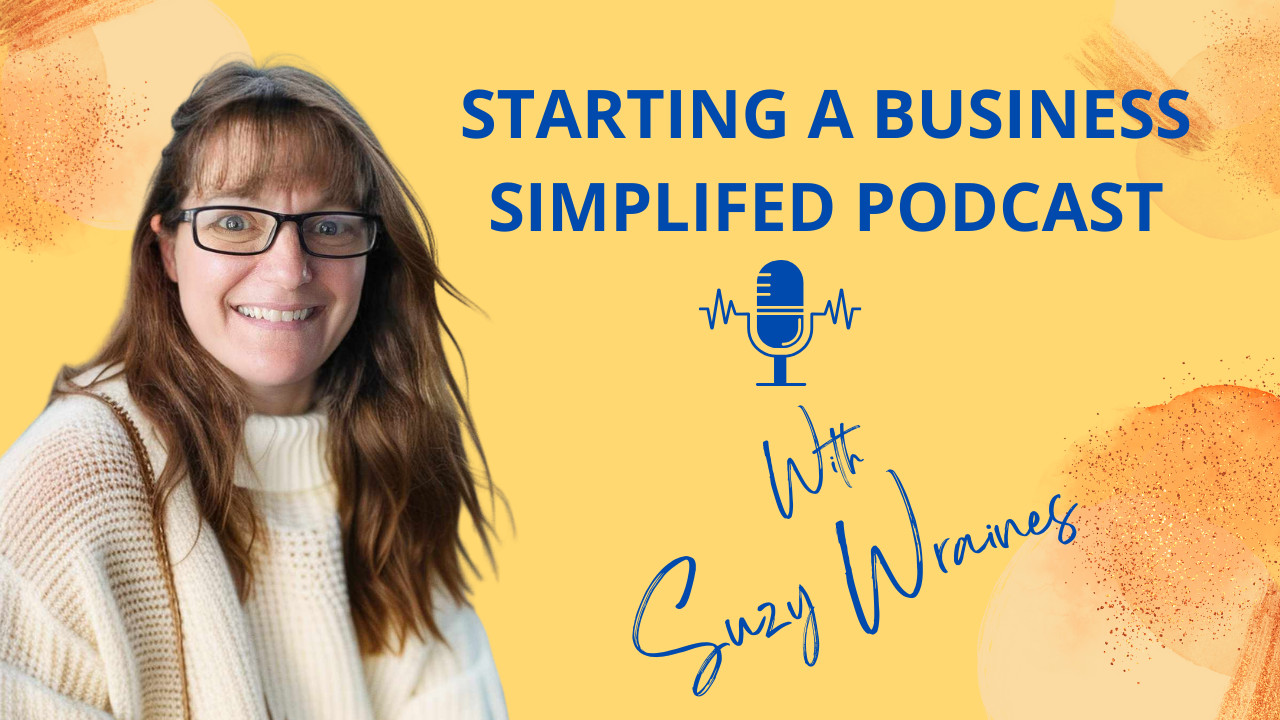
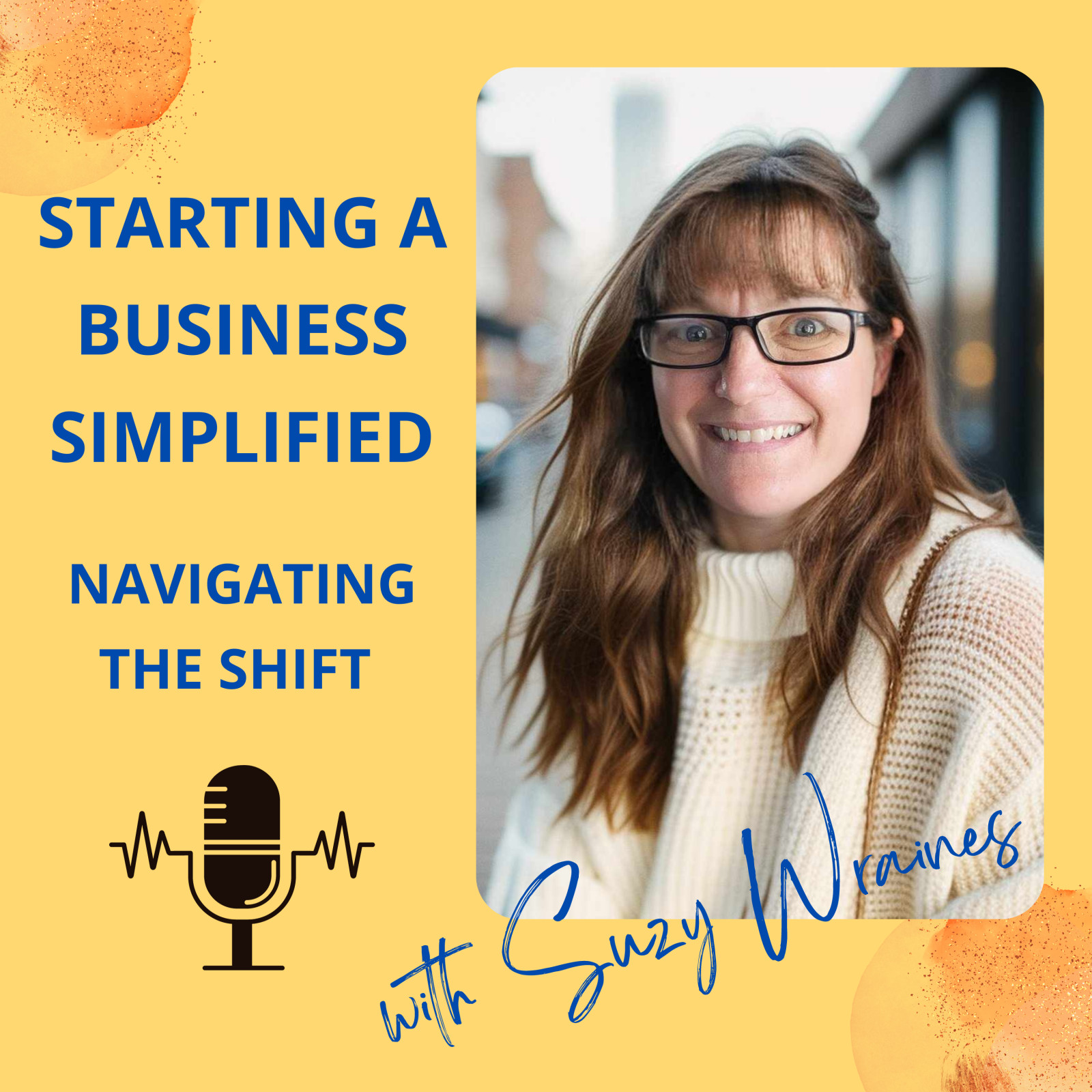
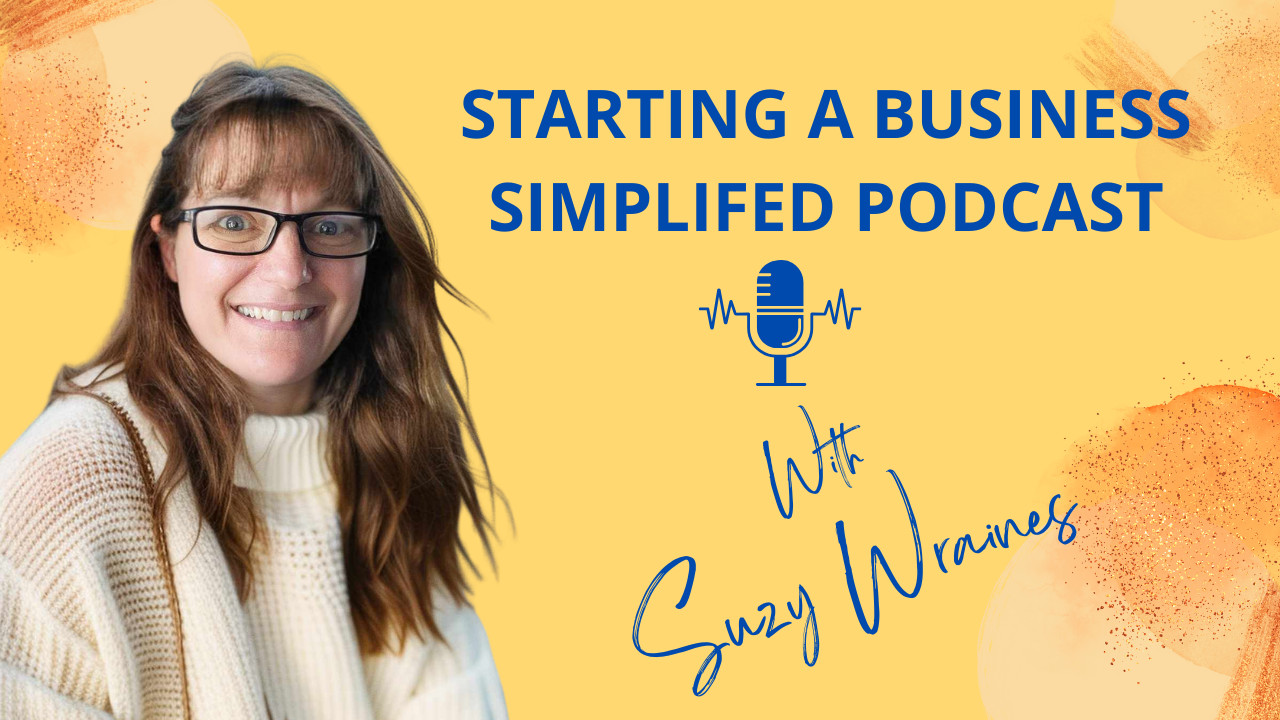
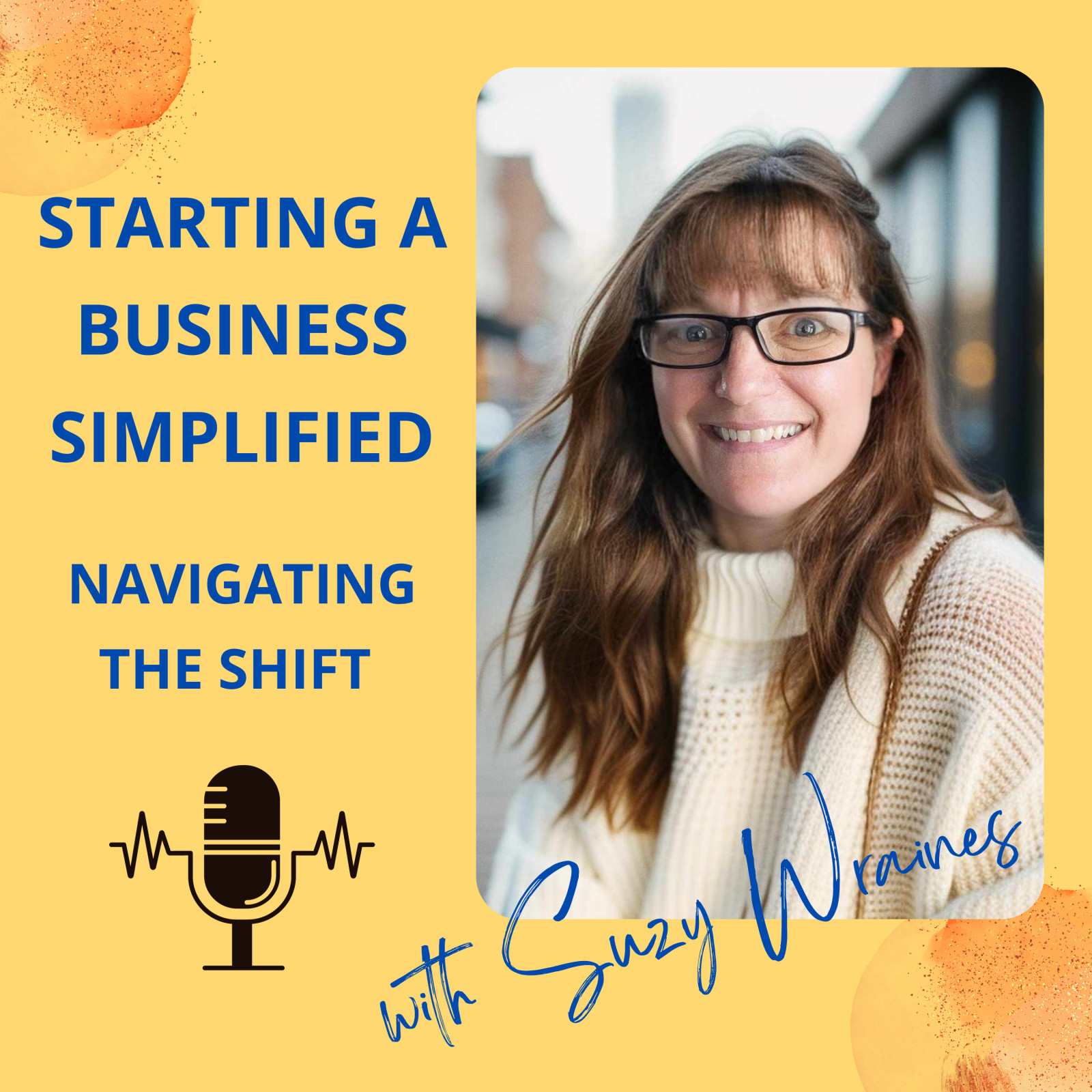
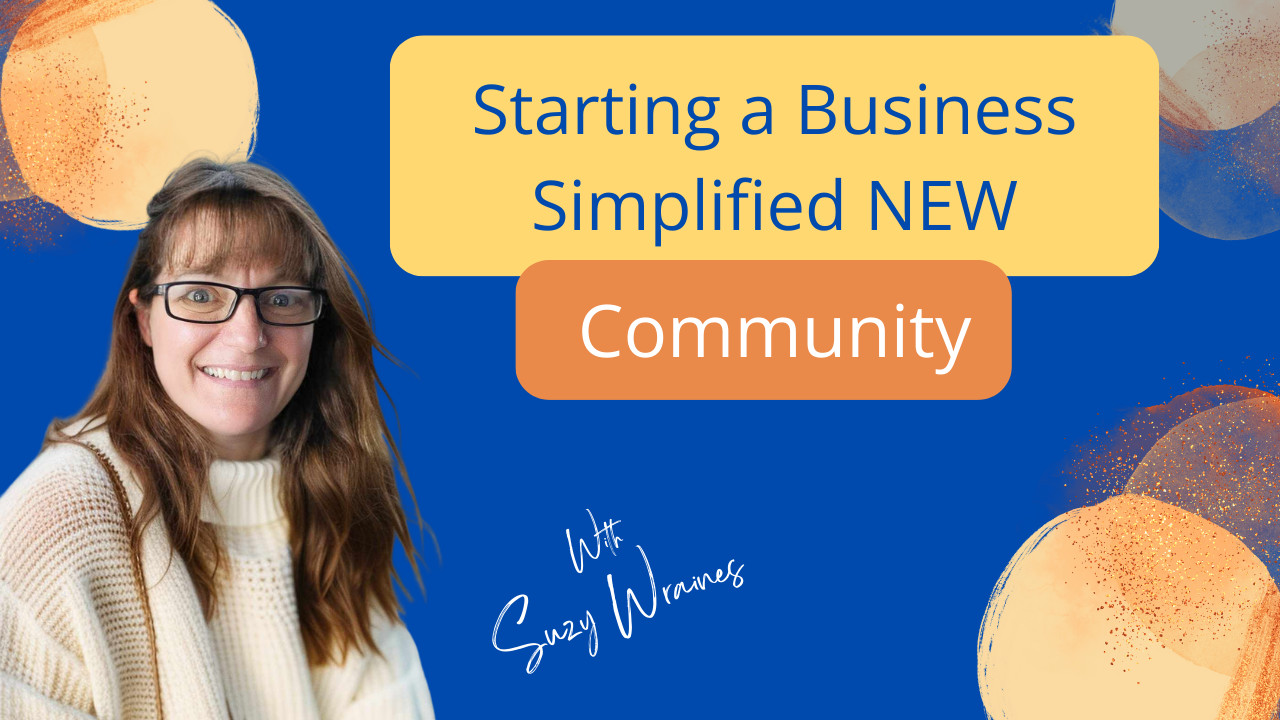


0 Comments